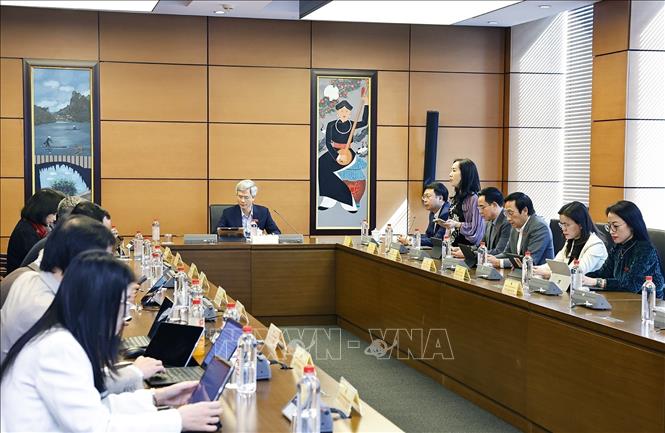
Delegates expressed their agreement and support for the promulgation of the Law on Artificial Intelligence (AI), emphasizing that this is a pioneering law, creating a legal foundation for a technology field that is decisive for national competitiveness in the coming decades. In the context of countries investing heavily in AI, the promulgation of the law at this time is extremely urgent so that Vietnam does not fall behind and proactively takes advantage of the opportunities of the new wave of technology.
Delegate To Ai Vang (Can Tho) affirmed that this is a very necessary Law to meet the development requirements of the country and is consistent with the general trend of the world .
Delegates cited a number of goals stated in Party resolutions such as: maintaining the ranking of the global innovation index among the top three countries in ASEAN; digital economy accounting for about 20% of GDP; orientation on developing AI applications among the top three countries in ASEAN; having at least 5 digital technology enterprises on par with advanced countries and gradually mastering a number of strategic technologies, digital technologies...
"With those goals, we must have regulations based on the law to serve as a premise for achieving the goals set by the Party. Especially to ensure compliance with international and regional practices, create favorable conditions for integration, international cooperation and promote the application of AI in accordance with general provisions of law," the delegate stated.
Delegate Nguyen Thi Tuyet Nga (Quang Tri) proposed clarifying the scope of the draft Law on artificial intelligence research activities to avoid overlapping with scientific, technological and innovation activities, as stipulated in the Law on Science, Technology and Innovation; ensuring consistency with the Law on Digital Technology and related Laws being submitted to the National Assembly at this session.
The draft Law stipulates that "The National Committee on Artificial Intelligence is an inter-sectoral agency that directs and coordinates strategies, policies and activities for the development of artificial intelligence. The Ministry of Science and Technology is the focal agency for implementation, monitoring and evaluation."
According to delegate Nguyen Thi Tuyet Nga, this regulation is not clear enough about the legal position, functions, tasks, powers, organizational structure and operations of this agency; at the same time, it does not assign the Government to specify these contents in detail.
Therefore, the delegates proposed to clarify the necessity of establishing this agency in the draft Law; clarify the organizational model, functions, tasks, operating mechanism and especially the legal position of the National Committee on Artificial Intelligence; assess the conformity of this regulation with the directive documents of the Politburo, the Secretariat, and the Party Central Committee on the arrangement and streamlining of the organizational apparatus, as a basis for the National Assembly to consider and decide.
Appreciating the provisions on human resource development in Article 24 of the draft Law, the delegate pointed out that this provision demonstrates the comprehensive and strategic interest of the State in developing AI human resources, including levels from primary to university/research and the role of relevant parties (State, educational institutions, enterprises). The delegate suggested adding provisions on attracting domestic and foreign AI experts to participate in teaching and research at higher education institutions as well as policies on rotation/collaboration between enterprises and schools.
Delegate Nguyen Thi Tuyet Nga said that the draft Law has 36 Articles, but none of them stipulates prohibited acts. Meanwhile, the provisions on prohibited acts in the AI Law are a "legal shield" to prevent AI from becoming a harmful tool, protect human rights, promote fair and synchronous international competition - instead of restraining it, it will guide AI to develop responsibly. The delegate suggested studying and adding an article on prohibited acts in the draft Law.
Concerned about how children access AI, delegate Lo Thi Luyen (Dien Bien) said that some countries in the world have passed regulations that only 13-year-old children can access AI; some countries around Vietnam have not banned this, but this is very worrying.
"With the current young generation in some countries that have not yet regulated the age of access to AI, the press reports that children listen to AI, make friends with AI, even just love AI and marry AI. If there is no age limit for accessing AI now when children do not have full awareness, like a blank sheet of paper, it will be very dangerous in the future. How will this issue be calculated?", the delegate wondered and asked the drafting agency to clarify this content.
Source: https://baotintuc.vn/thoi-su/tao-nen-tang-phap-ly-dinh-huong-ai-phat-trien-co-trach-nhiem-20251121135950289.htm




![[Photo] General Secretary To Lam receives President of the Senate of the Czech Republic Milos Vystrcil](/_next/image?url=https%3A%2F%2Fvphoto.vietnam.vn%2Fthumb%2F1200x675%2Fvietnam%2Fresource%2FIMAGE%2F2025%2F11%2F21%2F1763723946294_ndo_br_1-8401-jpg.webp&w=3840&q=75)
![[Photo] National Assembly Chairman Tran Thanh Man holds talks with President of the Senate of the Czech Republic Milos Vystrcil](/_next/image?url=https%3A%2F%2Fvphoto.vietnam.vn%2Fthumb%2F1200x675%2Fvietnam%2Fresource%2FIMAGE%2F2025%2F11%2F21%2F1763715853195_ndo_br_bnd-6440-jpg.webp&w=3840&q=75)
![[Photo] Visit Hung Yen to admire the "wooden masterpiece" pagoda in the heart of the Northern Delta](/_next/image?url=https%3A%2F%2Fvphoto.vietnam.vn%2Fthumb%2F1200x675%2Fvietnam%2Fresource%2FIMAGE%2F2025%2F11%2F21%2F1763716446000_a1-bnd-8471-1769-jpg.webp&w=3840&q=75)
![[Photo] President Luong Cuong receives Speaker of the Korean National Assembly Woo Won Shik](/_next/image?url=https%3A%2F%2Fvphoto.vietnam.vn%2Fthumb%2F1200x675%2Fvietnam%2Fresource%2FIMAGE%2F2025%2F11%2F21%2F1763720046458_ndo_br_1-jpg.webp&w=3840&q=75)
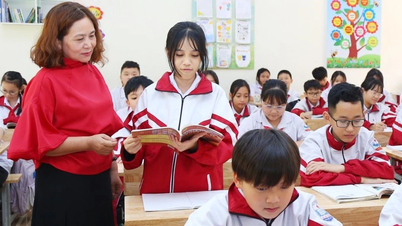

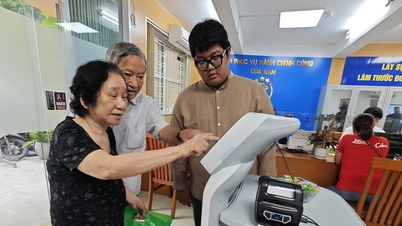

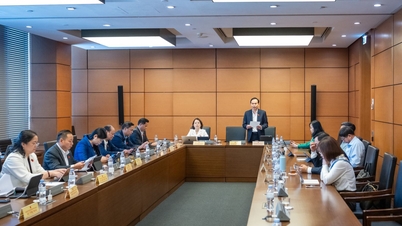


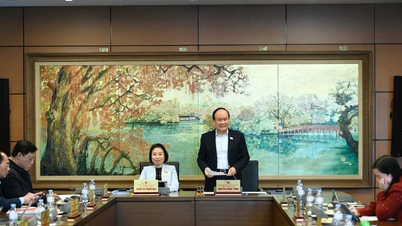
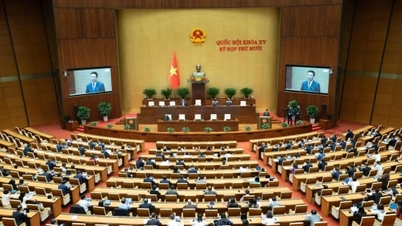


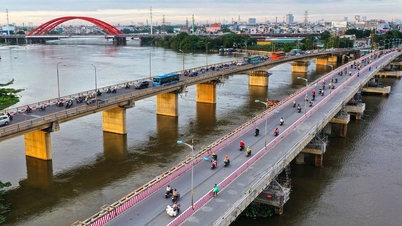


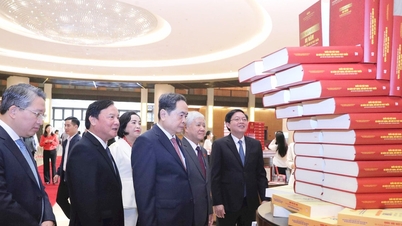
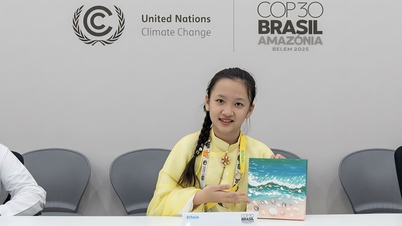
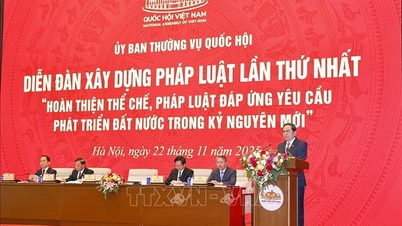




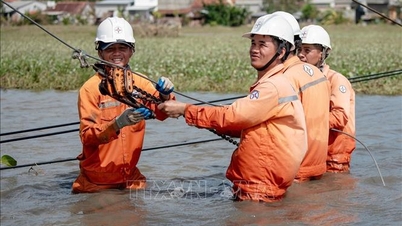









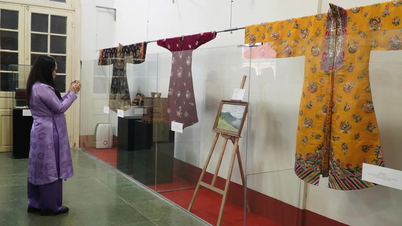

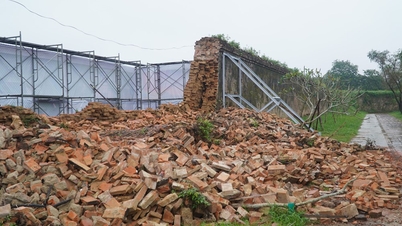

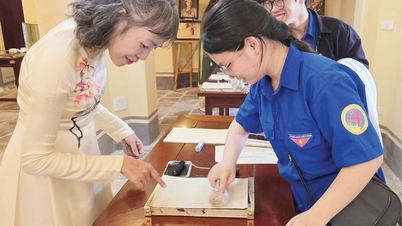





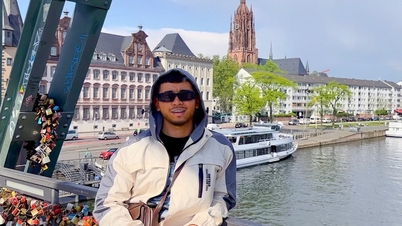

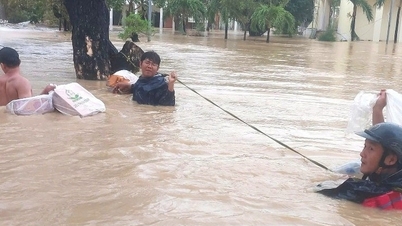
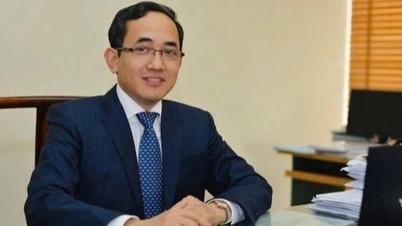

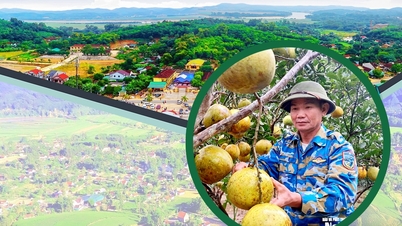









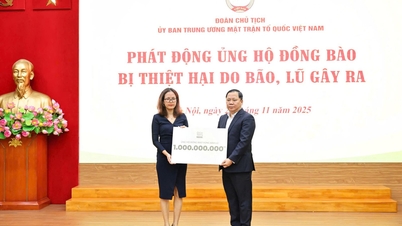








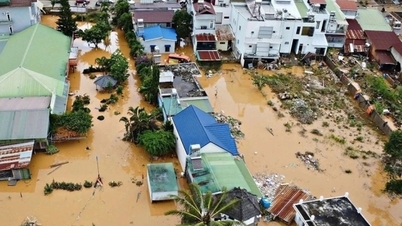

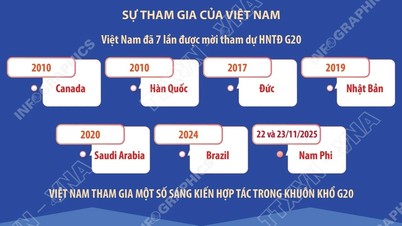

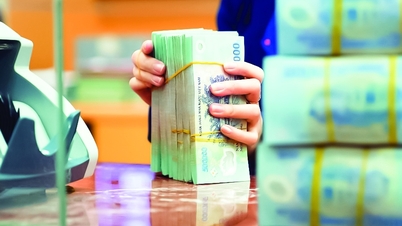

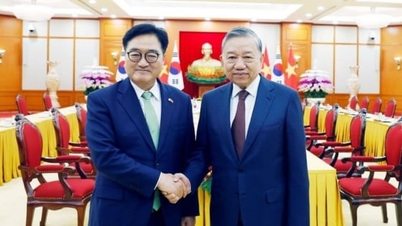


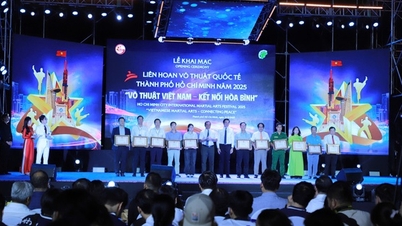

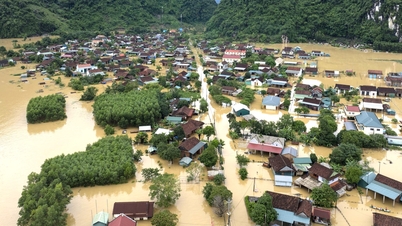



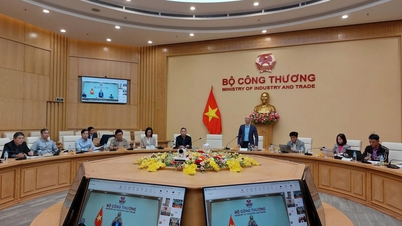
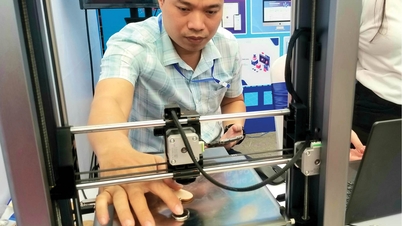

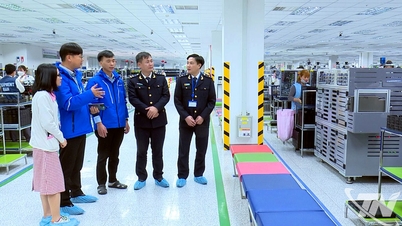

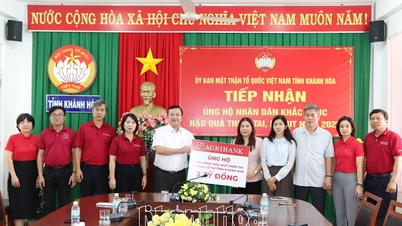

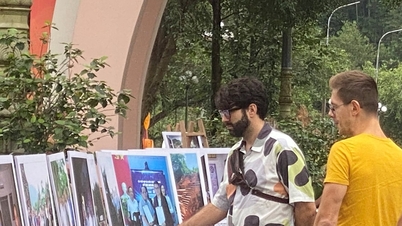
















Comment (0)